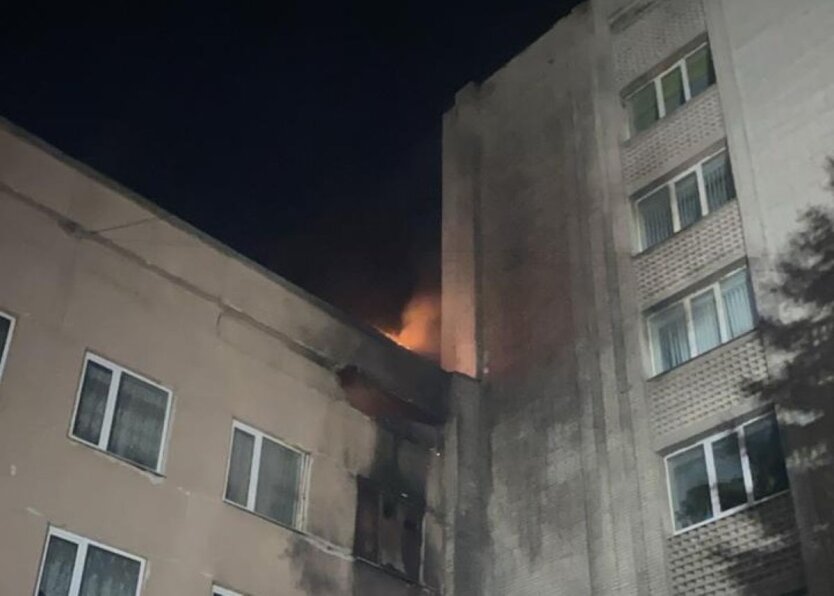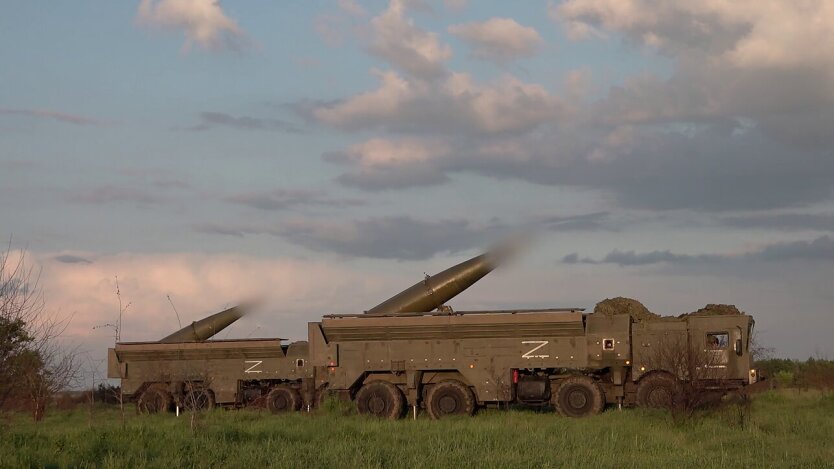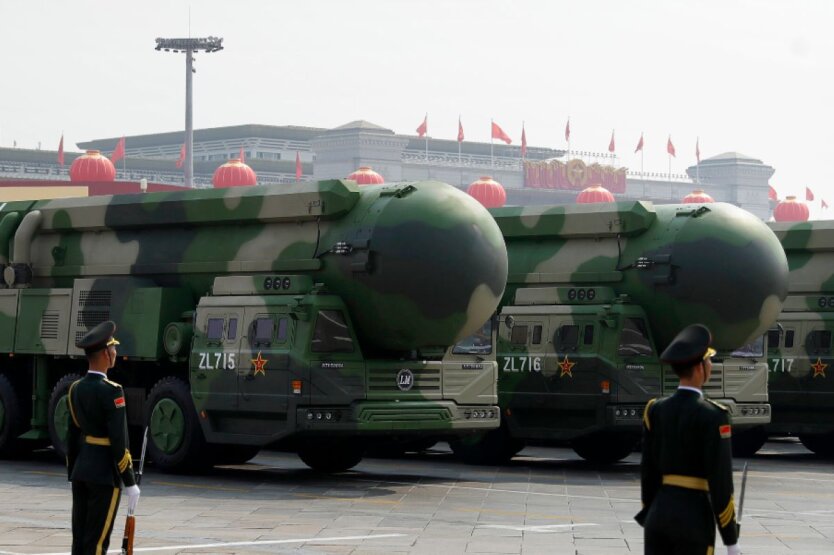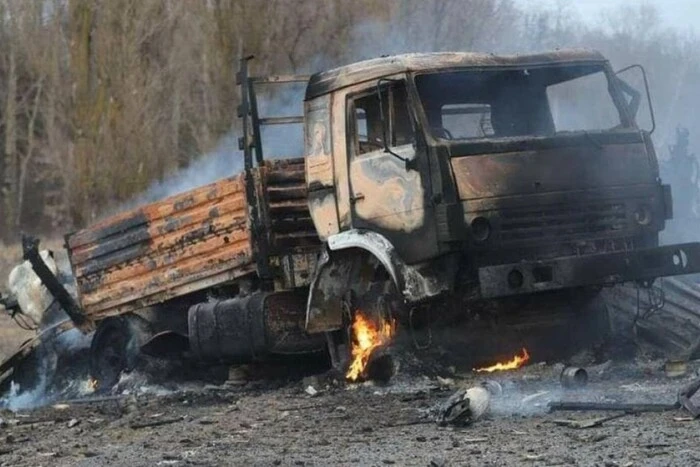Yuan on the Brink: China's Currency Reacts to Potential Trump Sanctions.

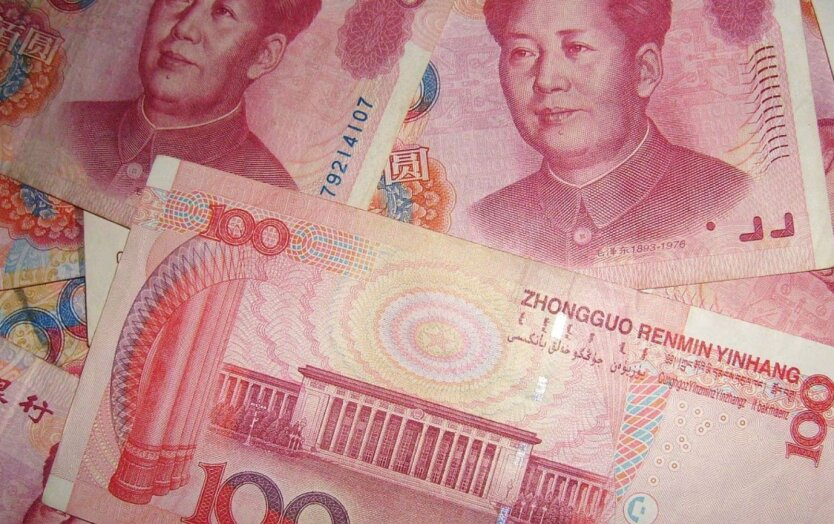
The Chinese yuan weakened to a 16-month low due to strong economic data from the U.S. and fears of sharp tariff increases that could be implemented by Donald Trump's administration.
According to Financial Times, the internal rate of the yuan dropped to 7.33 yuan per dollar - the lowest level since September 2023, despite the People's Bank of China maintaining a stable exchange rate ahead of Donald Trump's inauguration scheduled for January 20, Economic Truth reports.
The exchange rate of the yuan can fluctuate within 2% of the daily fixed rate set by the central bank. Currently, the rate is approaching the lower limit of this range.
Yuan sales are partially bolstered by concerns that a sharp increase in tariffs on Chinese goods proposed by Trump will force the People's Bank of China to devalue the yuan to offset their impact on exports. Exports help the country maintain economic growth amid weak domestic consumer demand.
Strong employment and service sector data from the U.S. published on Tuesday also strengthened expectations that the Federal Reserve will slow down interest rate cuts more than previously anticipated.
In China, on the other hand, measures of monetary policy easing are being applied to combat deflationary pressures. The U.S. dollar index rose by 0.5% after the publication of these data.
'The market is impatient and wants to see a sharp fall in the yuan,' said Vi Khun Chong, senior market strategist at BNY.
Chinese stocks also lost value: the CSI 300 index in mainland China dropped by 0.2%, while the Hong Kong Hang Seng index fell by 0.9%.
Read also
- Ukraine prepares for provocations during Russian-Belarusian exercises
- Over 2300 medical facilities damaged or destroyed due to the war - Ministry of Health
- Recruiting at 'Reserv+'': which service directions are the most popular
- Russia has modernized at least five nuclear weapons bases near the borders of the EU
- China's nuclear arsenal is growing the fastest in the world - study
- Enemy losses as of June 17, 2025 – General Staff of the Armed Forces of Ukraine


